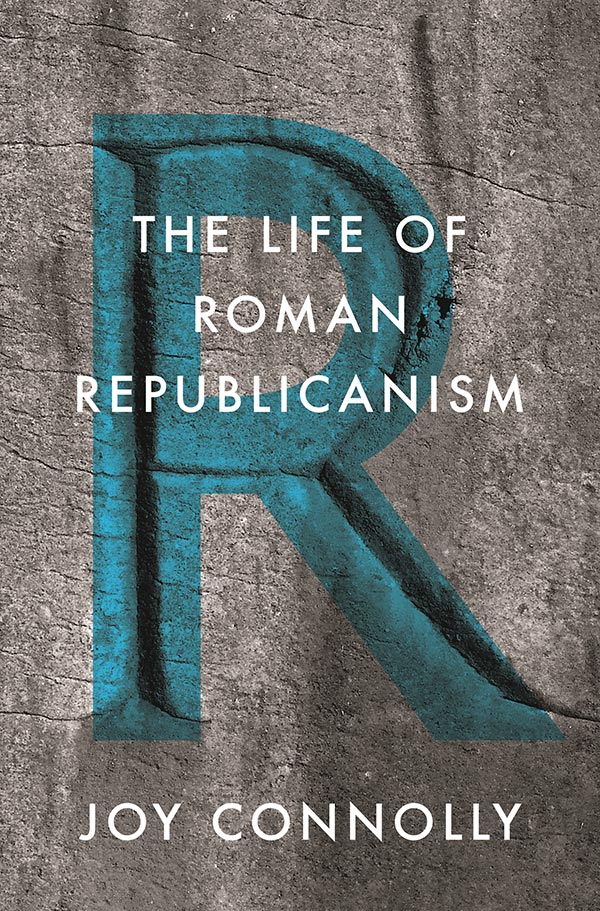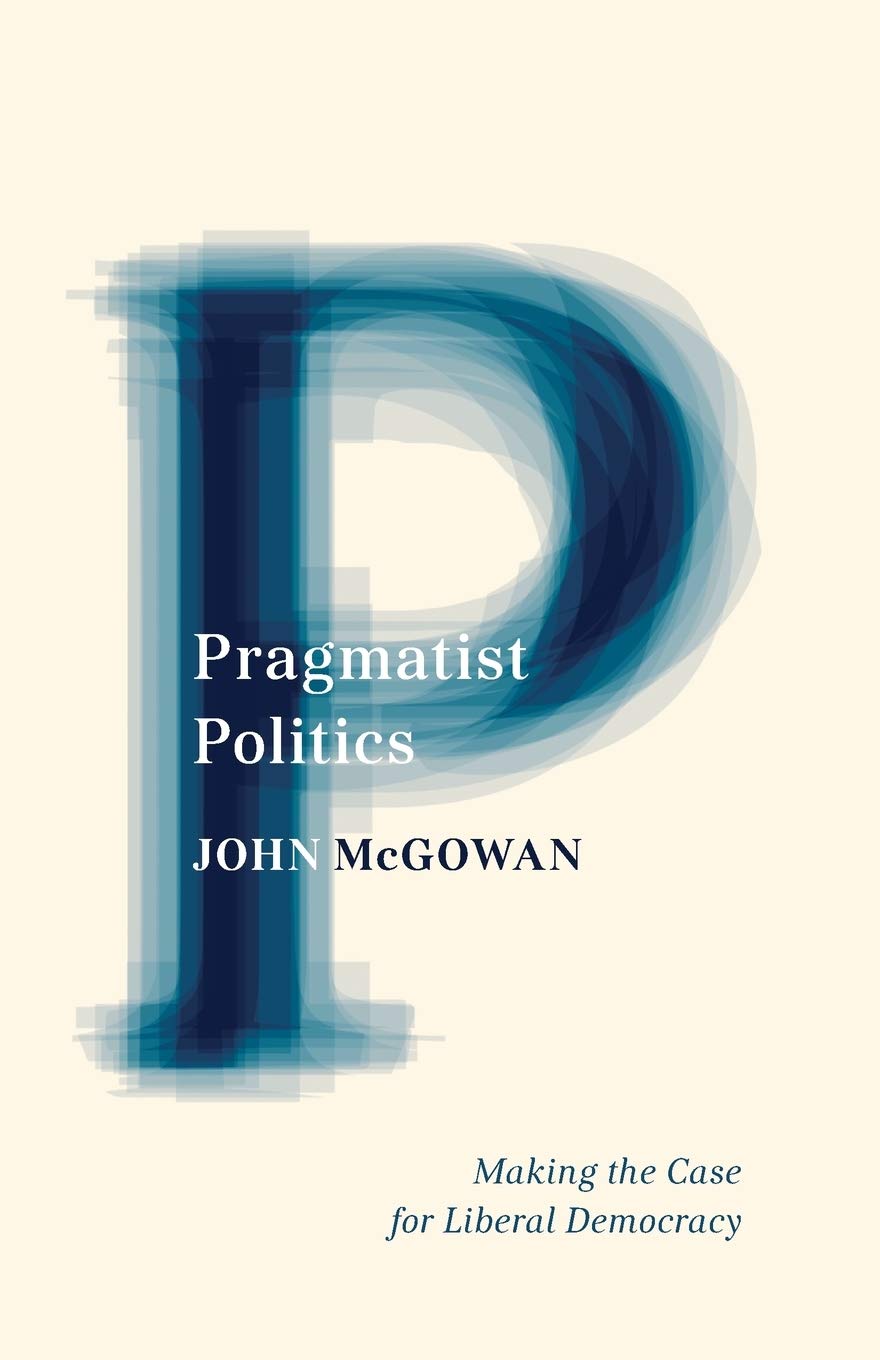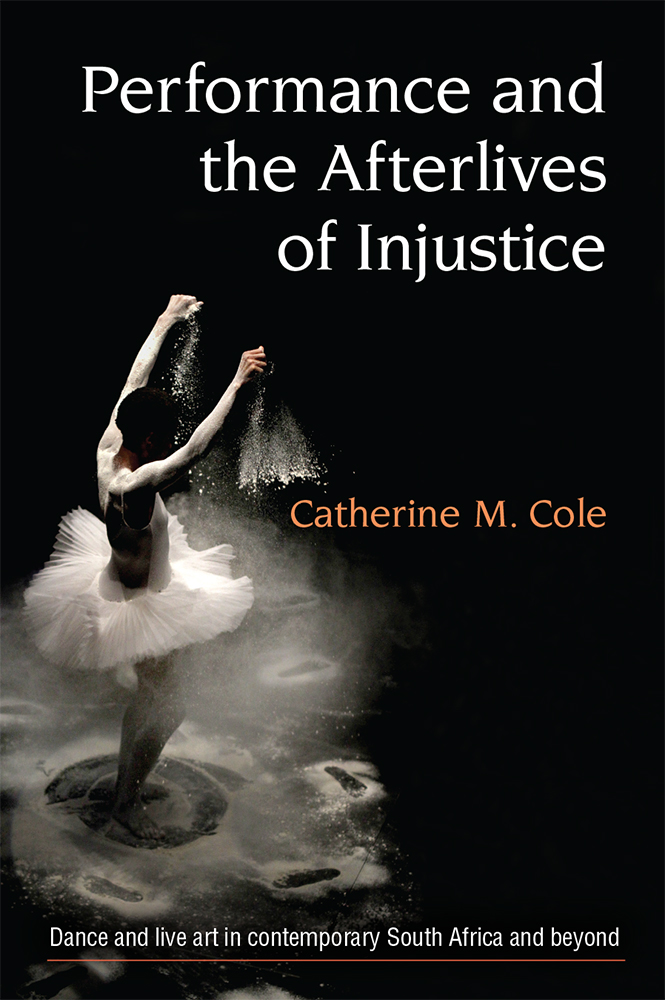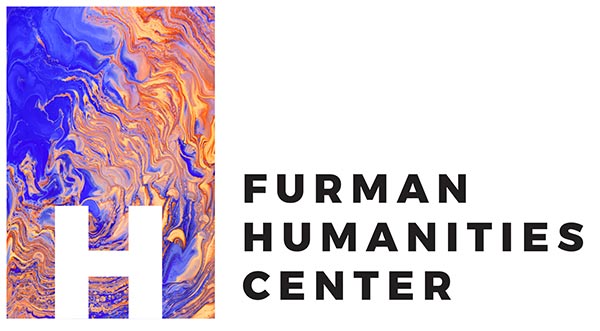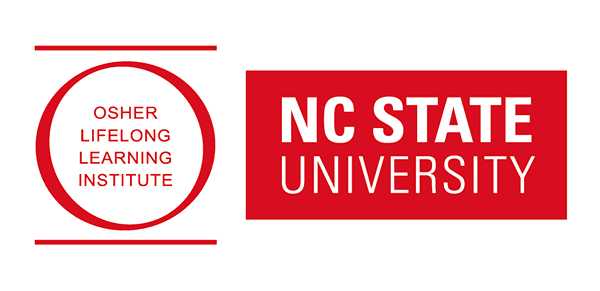February 3–24, 2021
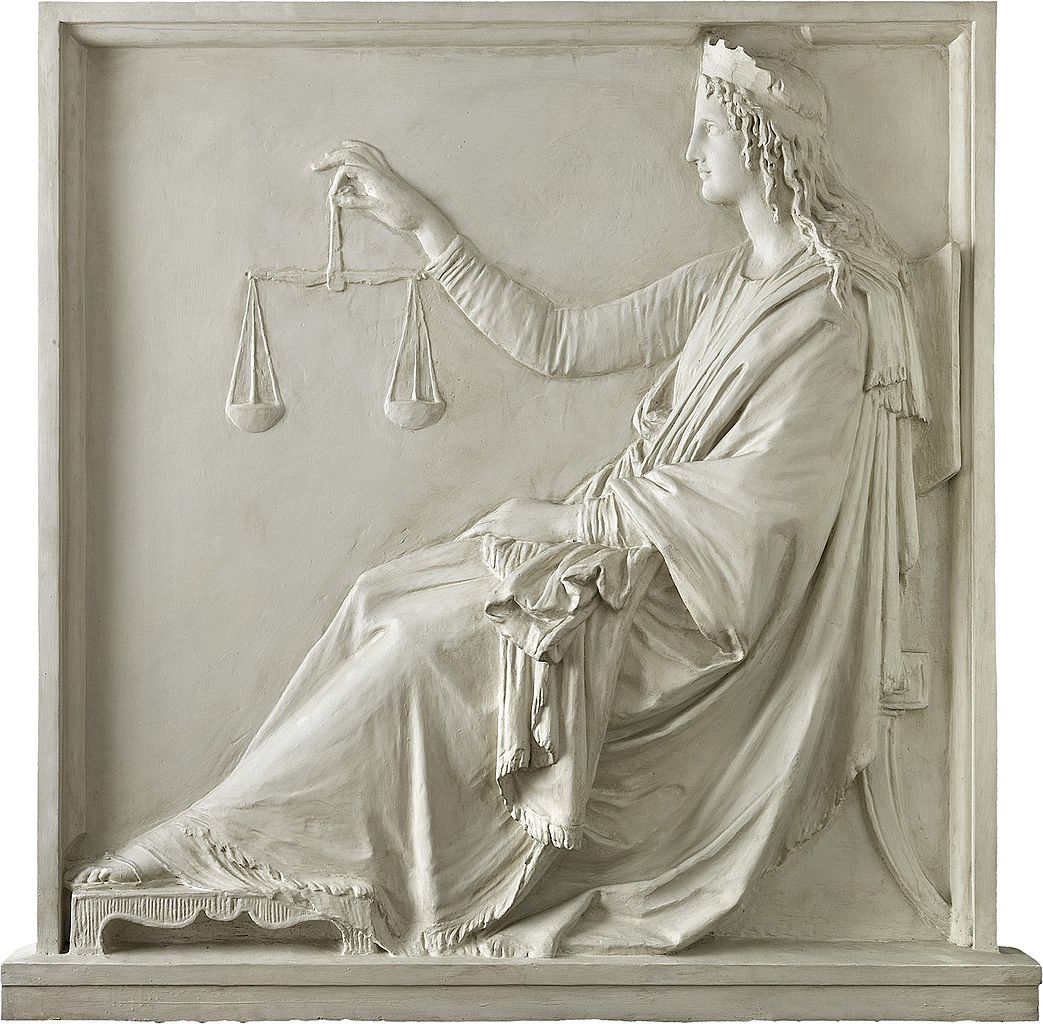
For centuries, the importance of civility to the health of republics has been widely recognized. Peaceful resolution of conflicts, open debate, and the nurturing of an engaged citizenry are essential to maintaining governments in which power is held by the people.
And yet, civility remains elusive. The scholars in this series help us think about ways of encouraging, preserving, and restoring civility—through political and creative expression, in the courts, on the page, and on the screen—from the classical period to the modern era.
This engaging series is offered free of charge via YouTube Live. To make a comment or ask a question during the event, you will need to sign into YouTube with your Google/Gmail account. If you do not have a Google account, you can create one here.
The Life of Roman Republicanism
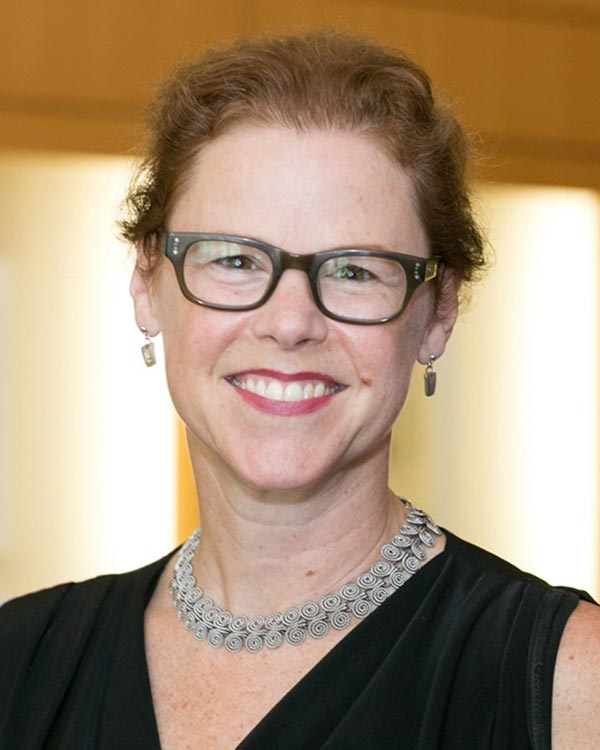
Joy Connolly
Wednesday, February 3, 2021
7:00 pm EST
Joy Connolly (Center Trustee), President, American Council of Learned Societies
Host: Robert D. Newman, President and Director, National Humanities Center
A distinguished classics scholar as well as an accomplished academic administrator, Connolly argues in her most recent book, The Life of Roman Republicanism that “Cicero, Sallust, and Horace inspire fresh thinking about central concerns of contemporary political thought and action” including the role conflict plays in the political community, the conditions needed to promote an equal and just society, citizens’ interdependence on one another for senses of selfhood, and the uses and dangers of self-sovereignty and fantasy.
A Legal History of the Civil War and Reconstruction
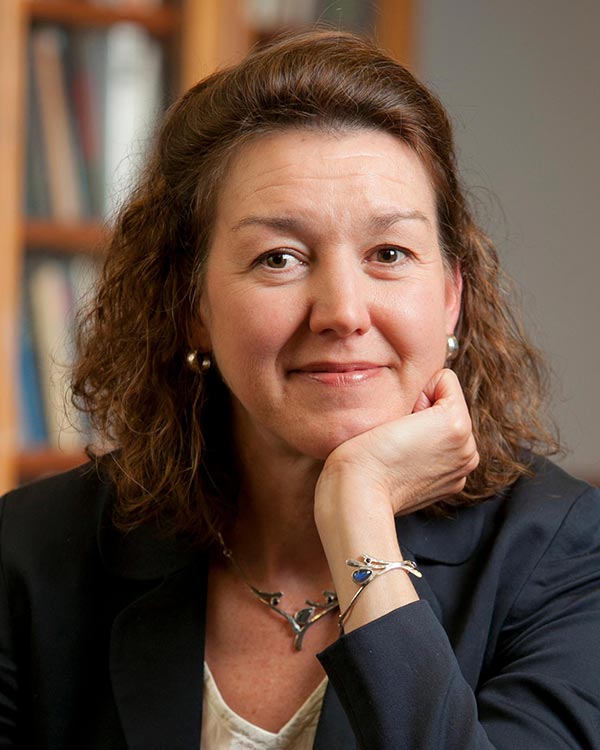
Laura F. Edwards
Wednesday, February 10, 2021
7:00 pm EST
Laura F. Edwards (Fellow, 2007–08), Class of 1921 Bicentennial Professor in the History of American Law and Liberty, Princeton University
Host: Matthew M. Booker, Vice President for Scholarly Programs, National Humanities Center
Watch the Recording
Laura F. Edwards’s compelling book considers the sweeping transformation of American law produced in the wake of the Civil War. Through her analysis of constitutional amendments, Supreme Court decisions, and legal claims espoused by everyone from national politicians to everyday citizens, Edwards demonstrates how the notion of rights became so integral in post-Civil War America, especially in the lives of African Americans, women, and organized laborers.
Pragmatist Politics: Making the Case for Liberal Democracy
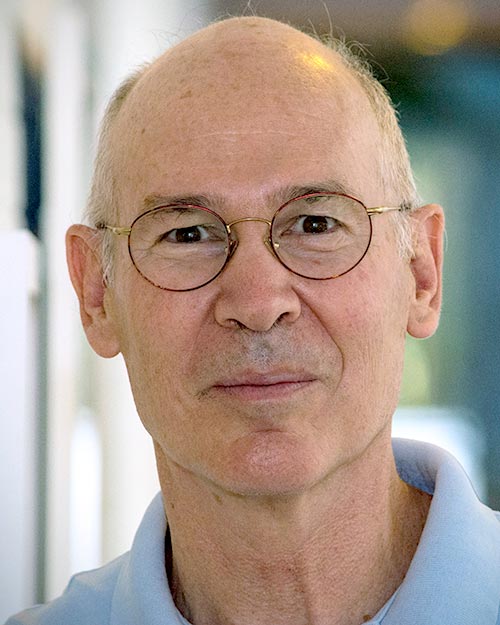
John McGowan
Wednesday, February 17, 2021
7:00 pm EST
John McGowan (Fellow, 2017–18), John W. and Anna H. Hanes Distinguished Professor Emeritus of English, University of North Carolina at Chapel Hill
Host: Marlene Daut (Fellow, 2016–17), Professor and Associate Director of the Carter G. Woodson Institute for African-American and African Studies, University of Virginia
Watch the Recording
In Pragmatist Politics, John McGowan suggests that perhaps the best response to the cynicism and despair that permeate contemporary American politics is a return to pragmatism. Offering an expansive vision of what the United States should be, McGowan combines the thinking of philosophers like John Dewey and William James with the ethos of comedy to imagine what American life could be like if we more fully embraced values such as love, forgiveness, and generosity that are too often left out of our political discourse.
Performance and the Afterlives of Injustice
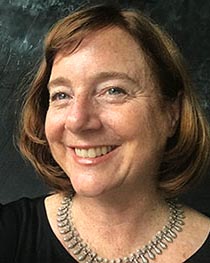
Catherine M. Cole
Wednesday, February 24, 2021
7:00 pm EST
Catherine M. Cole (Fellow, 2006–07), Divisional Dean of the Arts and Professor of Dance and English, University of Washington
Host: Jane O. Newman (Center Trustee; Fellow, 2015–16), Professor of Comparative Literature, University of California, Irvine
Watch the Recording
Performance and the Afterlives of Injustice reveals how the voices and visions of artists in South Africa and the Democratic Republic of Congo can help us see what otherwise evades perception from the injustices produced by apartheid and colonialism. Examining works by contemporary performing artists Brett Bailey, Faustin Linyekula, Gregory Maqoma, Mamela Nyamza, Robyn Orlin, Jay Pather, and Sello Pesa, Cole demonstrates how the arts are “helping to conjure, anticipate, and dream a world that is otherwise.”
Thanks to Our Sponsors
We are also grateful to the National Humanities Center’s institutional sponsors, whose ongoing support makes programs like this possible.
The National Humanities Center seeks to provide a safe and welcoming space for all and offers a variety of accommodations for Center visitors and event attendees with disabilities. If you need assistance planning your visit or have questions about accessibility, please contact Heidi Camp.

